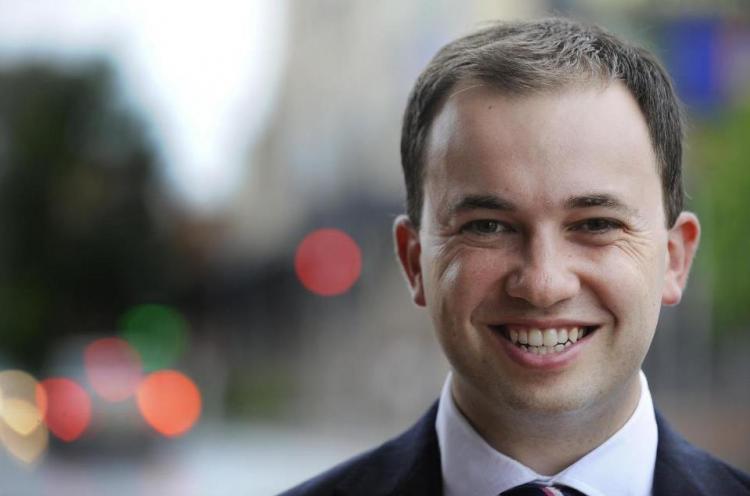
Mr MATT KEAN (Hornsby) [7.29 p.m.]: It is hoped that most residents in this State will never have to call on our palliative care system. However, thousands of individuals and families nationwide are negatively impacted by the inadequate funding provided to palliative care services.
Most people would rather spend their last days in the comfort of their homes, pain free, with the required services and surrounded by family and loved ones. But sadly this wish is becoming a privilege. As a result of a lack of palliative care services, countless people are denied this necessary support, while a parent, grandparent, sibling, husband, wife or friend looks on in distress. A lack of intervention will soon only exacerbate the problem. According to the Australian Institute of Health and Welfare there was a 51 per cent increase in the number of palliative care hospitalisations between 2000-01 and 2009-10. Our country's ageing population will most certainly lead to a stronger demand for such services.
Fortunately, our society has strong advocates who are willing to speak out and represent some of the most vulnerable people in our society. Dr Yvonne McMaster is one such advocate. A retired palliative care doctor and campaigner, Dr McMaster understands the complexities surrounding palliative care and the public policy reforms required to address them. Her vision and leadership in founding and growing the "More funds for palliative care" campaign has helped raise awareness of palliative care and mobilised thousands of people to support this important cause. This year the campaign is seeking to collect signatures from throughout New South Wales. Following this a petition will be presented to the New South Wales Parliament prior to the Government starting budget discussions. Last year's campaign collected 24,000 signatures and this year's campaign looks promising. Already 3,000 signatures have been collected. Further information can be found at http://morefundsfor/ palliativecare.wordpress.com.
The campaign's dedication and commitment to addressing this great social injustice has not gone unnoticed. Last year the New South Wales Government responded by ensuring that $1 million in funding that had been cut by the former Labor administration was restored to the northern Sydney local health district for palliative care services. It also provided a $5 million boost to palliative care services in the last State budget. I am here to provide in principle support for this campaign and for the increase in palliative care funding goals it aspires to achieve. I take this opportunity to put my support on the record and commend the Minister for Health for her efforts in addressing this significant issue. The Minister has been relentless in her support for this important area of health. Under her leadership, palliative care services received the funding increases I have mentioned. Despite this tremendous level of commitment, more funds are required to ensure the problems and challenges associated with palliative care are ameliorated.
All regions of New South Wales would benefit from an increase in palliative care funding, particularly northern Sydney. An increase in funding would enable palliative care services to visit acute hospitals and nursing homes, allowing them to consult and advise, as well as teach medical professionals. Such empowerment would enhance quality of life for individuals who require such support, and assist in making a person's last days as peaceful and dignified as possible. We are fortunate to live in one of the world's most advanced and prosperous countries. Much of our prosperity can be attributed to the strong and dedicated civil society that works tirelessly to ensure positive social outcomes are achieved. The true test of a government is how it cares for the most vulnerable in society. I call on my Government to commit to investing the necessary funds towards palliative care services for the betterment of present and future generations.
Although consultations and frameworks are crucial, committed funds from governments is what is required to alleviate this health concern. I will share with members an experience I had recently when I visited my local hospital at Neringah. The hospital specialises in caring for those in their last days. A local constituent was too sick to attend a constituent meeting in my office and he asked if I would take the time to visit him in the hospital. Walter Penzies and I spoke for about an hour about his views on what we need to do to improve public transport in this State. He left this world not long after that discussion, but I knew that at Neringah Hospital he was in the best hands and received excellent palliative care services. That opportunity should be afforded to anyone in their final days.
Read the full transcript here.
